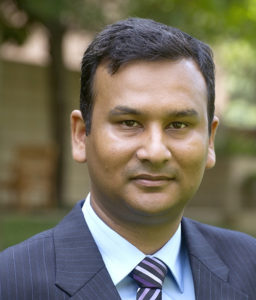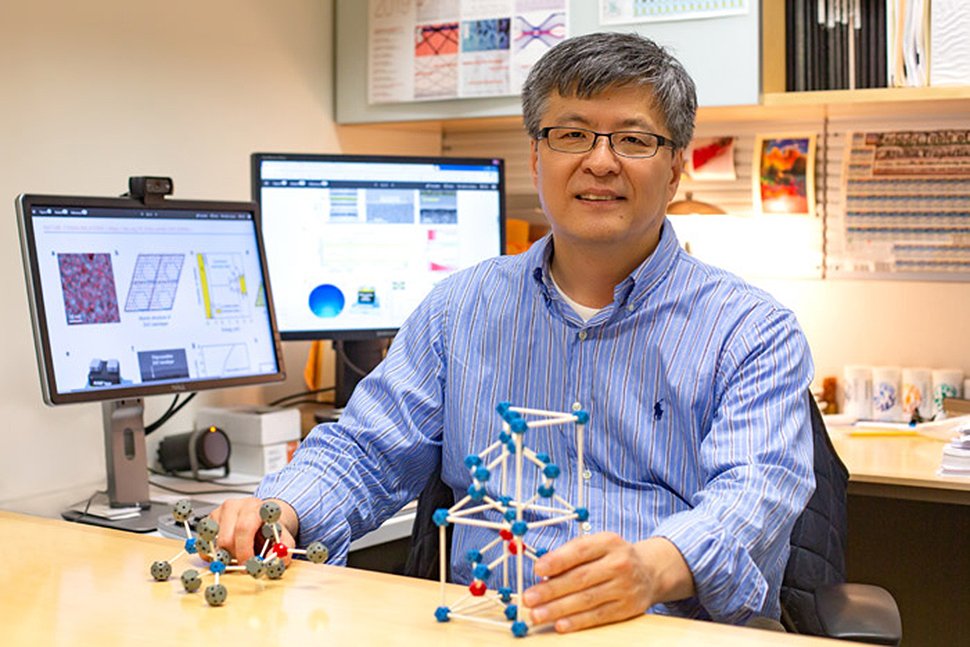![]() Every week, we do a little research of our own. We’re looking for scientists, professors, engineers, entrepreneurs—anybody, really—engaging in research and development across North Texas.
Every week, we do a little research of our own. We’re looking for scientists, professors, engineers, entrepreneurs—anybody, really—engaging in research and development across North Texas.
There’s plenty of good work being done. If you want to put R&D under your microscope, sign up for our e-newsletter.
CPRIT awards UT Southwestern $14M to attract researchers, create faculty positions
UT Southwestern Medical Center has been awarded $14 million by The Cancer Prevention and Research Institute of Texas with the goal of attracting leading researchers from Massachusetts, Illinois, and North Carolina, according to a report in The Dallas Morning News.
The publication said the recruitment awards are aimed at luring established researchers as well as their labs to Texas. Also, the awards are intended to speed up work by early-stage investigators, and fund first-time, tenure-track teaching positions, the Morning News said. CPRIT is the state’s cancer-fighting agency.
Here’s a breakdown on the money UT Southwestern is getting:
- $6 million to recruit Dr. Suzanne Conzen, an established researcher from the University of Chicago.
- $4 million to attract early-stage researcher Qing Zhang from the University of North Carolina’s Lineberger Comprehensive Cancer Center.
- $2 million each to create faculty positions for Samuel McBrayer, from the Dana-Farber Cancer Institute and Harvard Medical School, and Chengcheng Jin, from the Koch Institute for Integrative Cancer Research.
UTA prof gets $261K for equipment that assesses severity of brain injuries
A mechanical engineering professor at the University of Texas at Arlington has been awarded a $261,120 Defense University Research Instrumentation Program grant to buy equipment that can determine the severity of brain injuries—even those that aren’t readily apparent.

Ashfaq Adnan, associate professor of mechanical engineering at The University of Texas at Arlington,
UT Arlington said in a blog post it’s often easy to detect severe traumatic brain injury, but the damage caused by mild injuries is more difficult to detect. The new equipment can determine how much damage was suffered as the result of milder injuries.
The professor, Ashfaq Adnan, will use the equipment to expand his recent research in damage detection for blast-related traumatic brain injuries, UTA said in an online post. Co-investigator on the project is UTA mechanical engineering Associate Professor Kamesh Subbarao.
According to UTA, Adnan and Subbarao will use a life-size model of a head to simulate and understand the brain, which will be measured using a combined electroencephalography (EEG) and electrocorticography (ECoG) system.
Each method reads neuronal activity in the brain, but an EEG is attached to the outside of the head and isn’t as accurate as an ECoG, which can be placed inside the skull after brain surgery.
The university said that the equipment will allow the researchers to better understand how neuronal communication in the brain can change or be disrupted because of a concussion or a blast event.

Kyeongjae Cho, professor of materials science and engineering at UT Dallas. [Photo: UT Dallas]
UT Dallas prof studies how to speed up transistors
Increasing the amount of information a transistor can convey could be a way to speed up the devices that are increasingly getting smaller and smaller in size.
Research being done by a UT Dallas engineering professor may be beneficial in increasing the vocabulary of a transistor beyond its current two values of information—a binary language of either on (1) or off (0).
Work by Kyeongjae Cho, professor of materials science and engineering at UT Dallas, aims to create a so-called multi-value logic transistor based on his principle of increasing its vocabulary to allow more operations and more information to be processed in a single device.
Chip makers have learned how to shrink individual transistors, the tiny electrical switches that convey digital information, UT Dallas said in a press release. Tinier transistors allow for more of them to be packed into a chip. But UT Dallas said researchers are rapidly nearing the physical minimum size for a transistor, with recent models down to roughly 10 nanometers—just 30 atoms—wide.
“The processing power of electronic devices comes from the hundreds of millions, or billions, of transistors that are interconnected on a single computer chip,” Cho said in a statement. “But we are rapidly approaching the lower limits of scale.”
The university said Cho’s research might be a solution to expanding the vocabulary of the transistor, marking an alternative technology that the microelectronics industry is seeking. Cho’s research was published online in the journal Nature Communications.
Caris Life Sciences to collaborate in developing diagnostic test
Caris Life Sciences, the Irving-based innovator in molecular science focused on precision medicine, has entered into a strategic collaboration with the Swiss company Debiopharm for the development of a companion diagnostic test with an oncology drug being developed by Debiopharm.
The companies’ collaboration will use Caris’ newly-launched Whole Transcriptome Sequencing assay for mRNA analysis called MI Transcriptome.
Granted Breakthrough Device Designation in early May by the U.S. Food and Drug Administration, Caris’ test detects what its calls rare fibroblast growth factor receptor fusion events. Fibroblast growth factor receptors regulate important biological processes in humans that include cell proliferation and differentiation during development and tissue repair, according to the U.S. National Library of Medicine, National Institutes of Health
“This agreement supports our vision for optimizing the detection of rare fusion events using RNA, and building value on our multi-platform tumor profiling approach,” Caris Chief Medical Officer W. Michael Korn said in a statement. “We continue to develop novel technologies to provide the most comprehensive molecular profiling possible.”
Earlier in May, Caris acquired Pharmatech Inc. to help redefine cancer treatment by pairing each patient with the right clinical trial, regardless of their location, in as little as 10 days.
READ NEXT
![]()
Get on the list.
Dallas Innovates, every day.
Sign up to keep your eye on what’s new and next in Dallas-Fort Worth, every day.





























